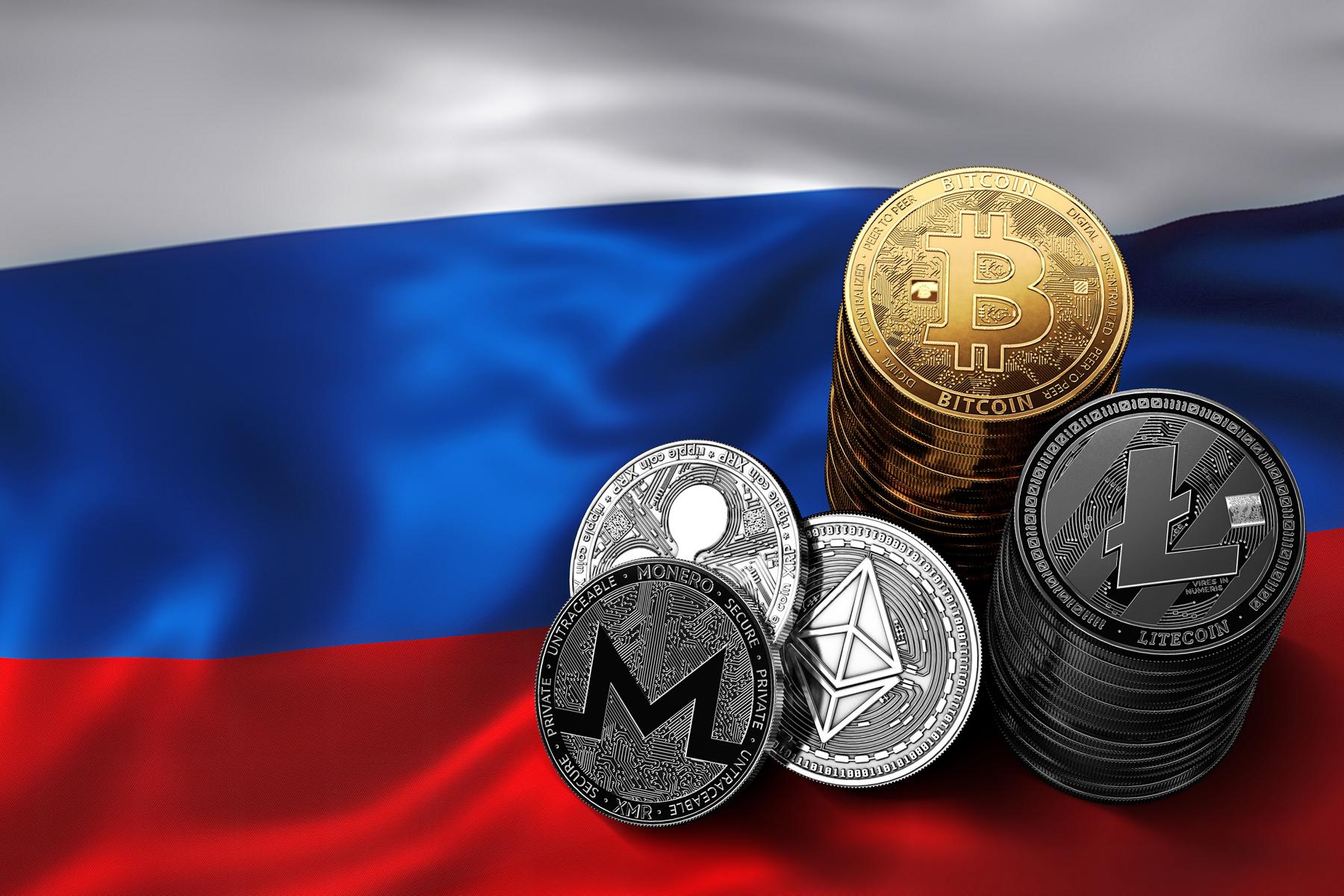- China and Russia are exploring the use of stablecoin to expand their crypto exposure and complement their CBDCs to establish an autonomous financial system to operate outside the sanctions.
- The US Undersecretary of the Treasury has proposed a three-pronged approach to tackle crypto-related businesses in sanctioned countries.
Russia became the most sanctioned nation in the world, after the US, UK, and EU, as well as countries like Australia, Canada and Japan, imposed a cumulative of more than 16,500 sanctions on them for its invasion of Ukraine in February 2022.
Recently, the US also announced 500 new sanctions against the country with US President Joe Biden announcing that export restrictions would be imposed on almost 100 firms or individuals. To cripple its economy and force it to comply, the EU froze 70% of the assets of Russian banks. However, the latest report shows that the country has significantly improved its use of digital assets to evade these sanctions.
According to Qifa, a digital platform that facilitates trade between China and Russia, the use of crypto payment for cross-border settlement has substantially improved between the two countries. In response, the US is reportedly exploring ways to extend sanctions to Chinese banks to force them to implement compliance measures for financial transactions.
Russia Responds to Sanction Threats on Chinese Banks
Responding to that, Deputy Chairman of the Bank of Russia Alexey Guznov has hinted that the Ministry of Finance and the Bank of Russia are working on legislation to use stablecoins for international transactions. To complicate matters for the US, both countries are effectively working on their Central Bank Digital Currencies (CBDCs) to establish an autonomous financial system. Adding to that, Russia is also pushing for the approval of its crypto mining bill submitted by its State Duma as we earlier reported.
Addressing the Senate Banking Committee, U.S. Undersecretary of the Treasury Wally Adeyemo pointed out the increasing circumvention of traditional financial regulations using cryptos.
According to him, the thousands of sanctions on Russia appear ineffective as the country uses Tether (USDT) to finance its war operations. Also, the continuous use of the asset class by terrorist organizations like al-Qaeda and the Iranian Revolutionary Guard Corps for illicit purposes was timely highlighted.
To address this concern, Adeyemo proposed a three-pronged approach to enforce secondary sanctions against foreign crypto businesses for sanctioned entities. In addition, he called for stringent implementation of KYC and AML procedures by crypto industry firms while addressing challenges posed by foreign crypto platforms.
Trump Has Not Given Up on Crypto Yet
Focusing on the positive side, US presidential candidate Donald Trump recently re-emphasized the need to embrace crypto and bring it to the forefront of geopolitical discussions.
If we don’t do it, China is going to pick it up and China’s going to have it—or somebody else, but most likely China.
Similarly, Senator Cynthia Lummis issued a report to object to the 30% excise tax on the energy used by Bitcoin miners. According to her, the US may fail to catch up if it does not create an enabling environment for Bitcoin mining to thrive.
Joining this conversation was the chief economist of Tressis Daniel Lacalle. Per his observation, the strength and beauty of crypto lies in its decentralization.
There is no such thing as nationalist crypto. The beauty of the crypto market is that it is completely diversified and decentralized. The concept of government control of crypto makes no sense to anyone that understands independent currencies.
Recommended for you:
No spam, no lies, only insights. You can unsubscribe at any time.
Credit: Source link
































